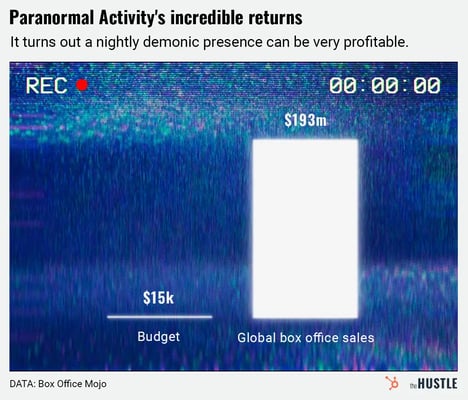
It’s game time for a horror giant
What’s scarier than M3gan? For Blumhouse, it’s missing out on the gaming industry.
Published:
Updated:
Related Articles
-

-
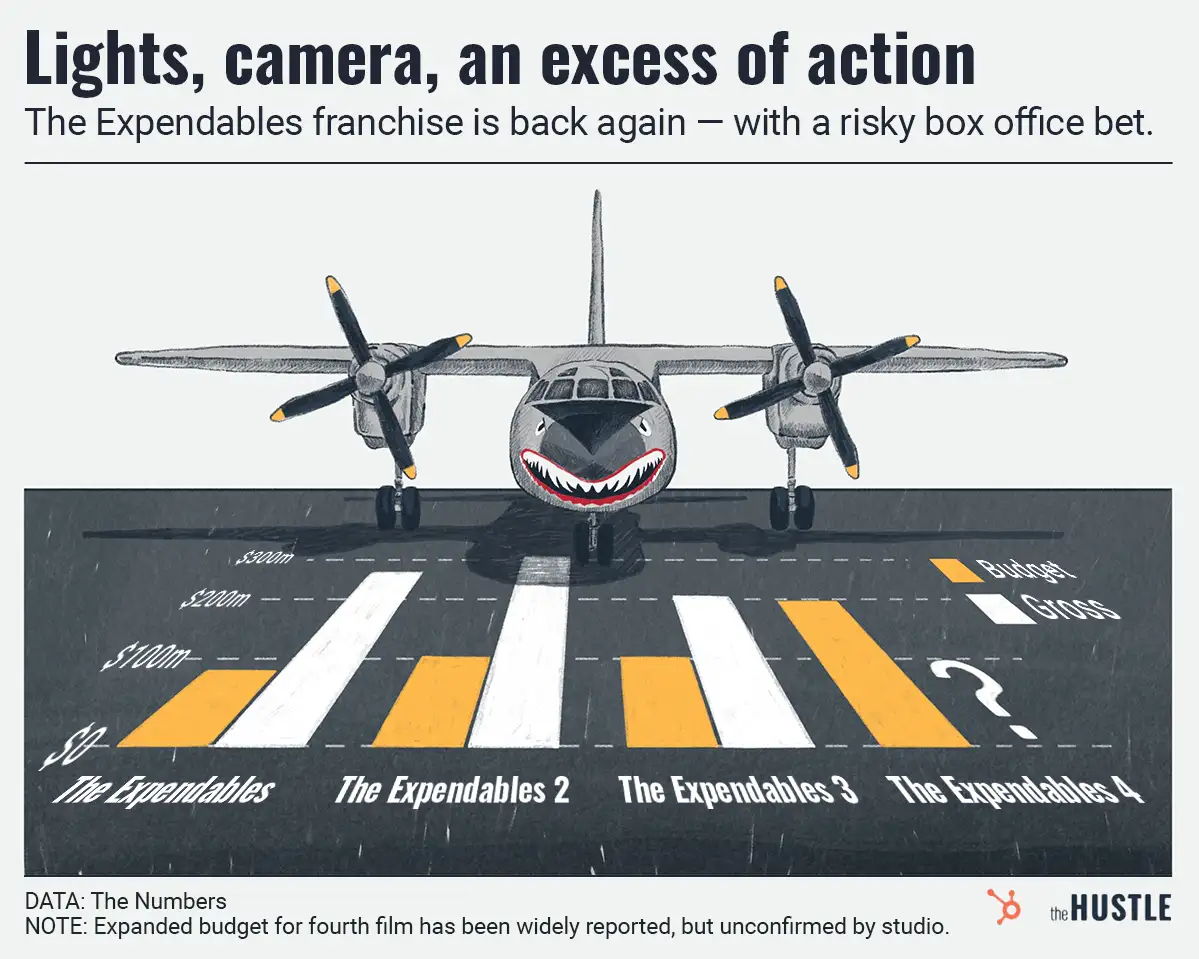
When a $789m film franchise turns risky
-
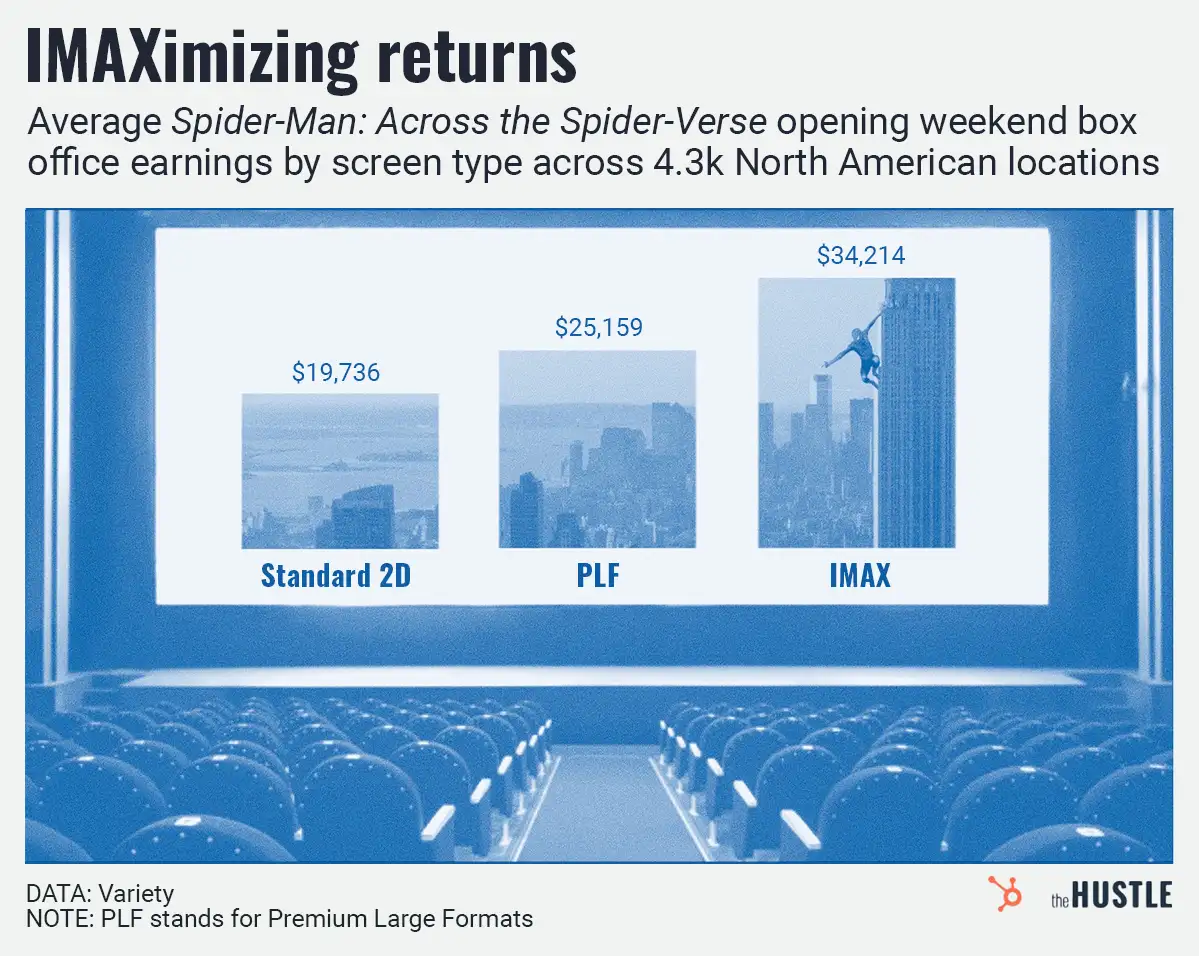
How IMAX keeps reeling in the big bucks
-
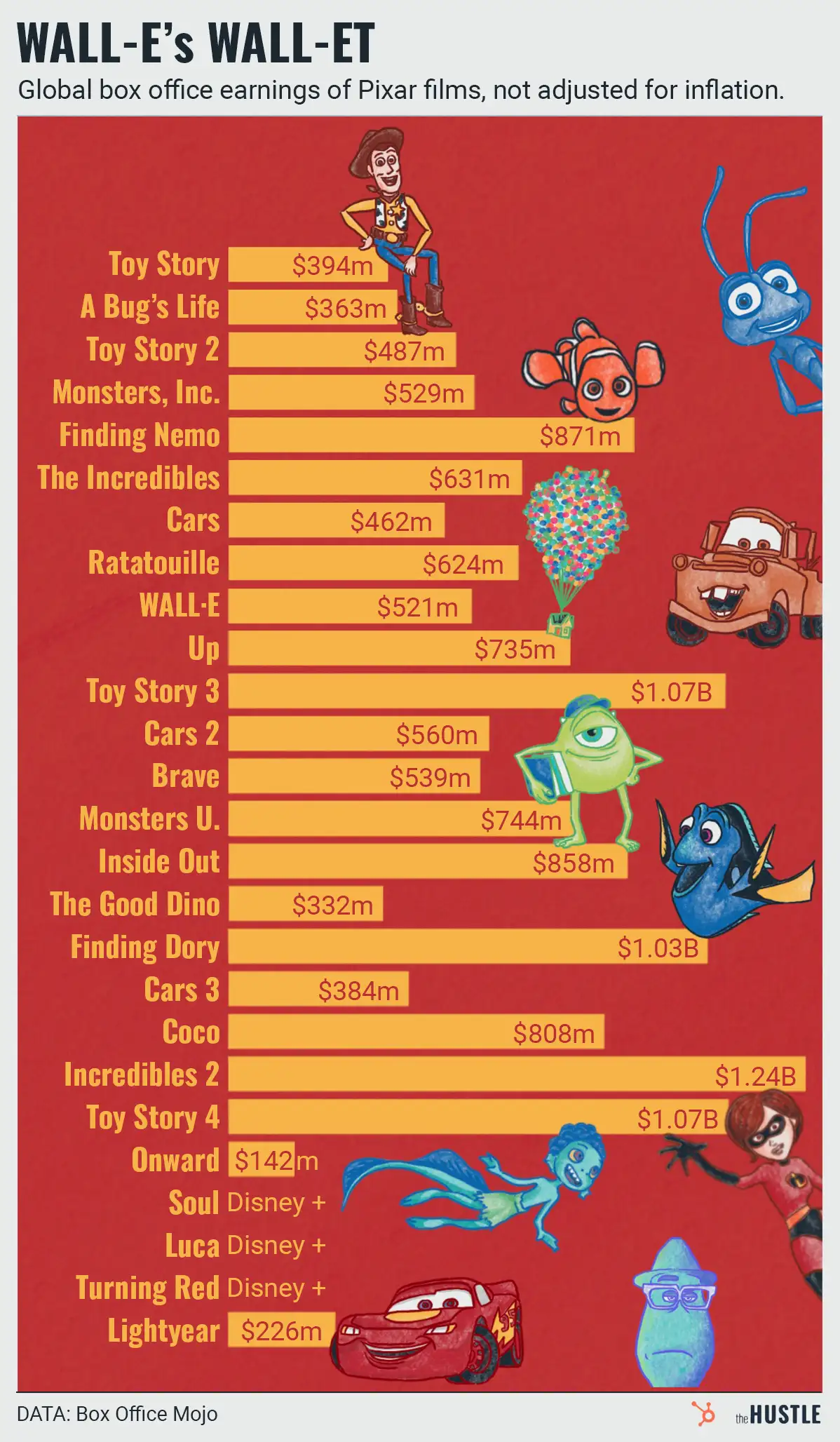
Pixar’s box office mojo is out of its element
-

Barbie used up all the pink paint
-
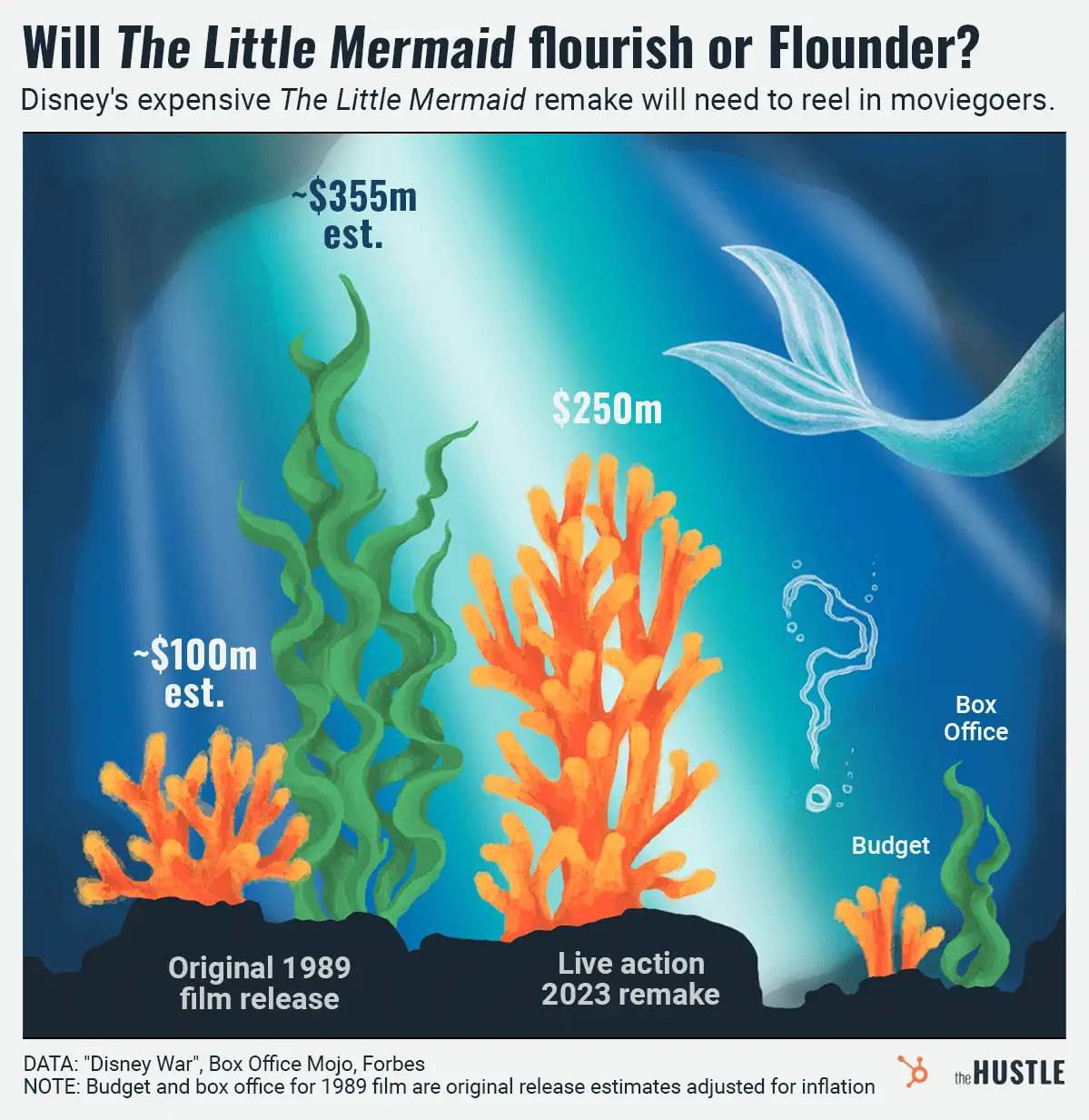
How mermaids are flipping profits in the deep blue sea
-
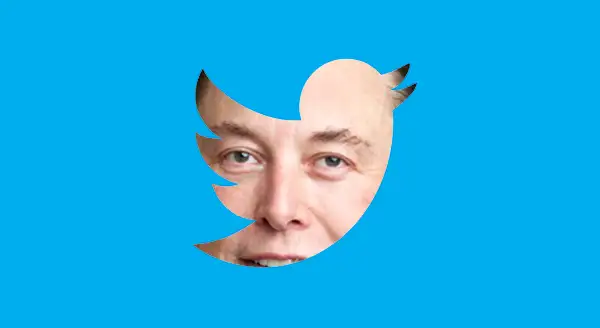
Is this exactly what Elon Musk wanted?
-

Movie theaters need Avatar to be a tortoise
-

Fewer movie screens, more fun stuff
-
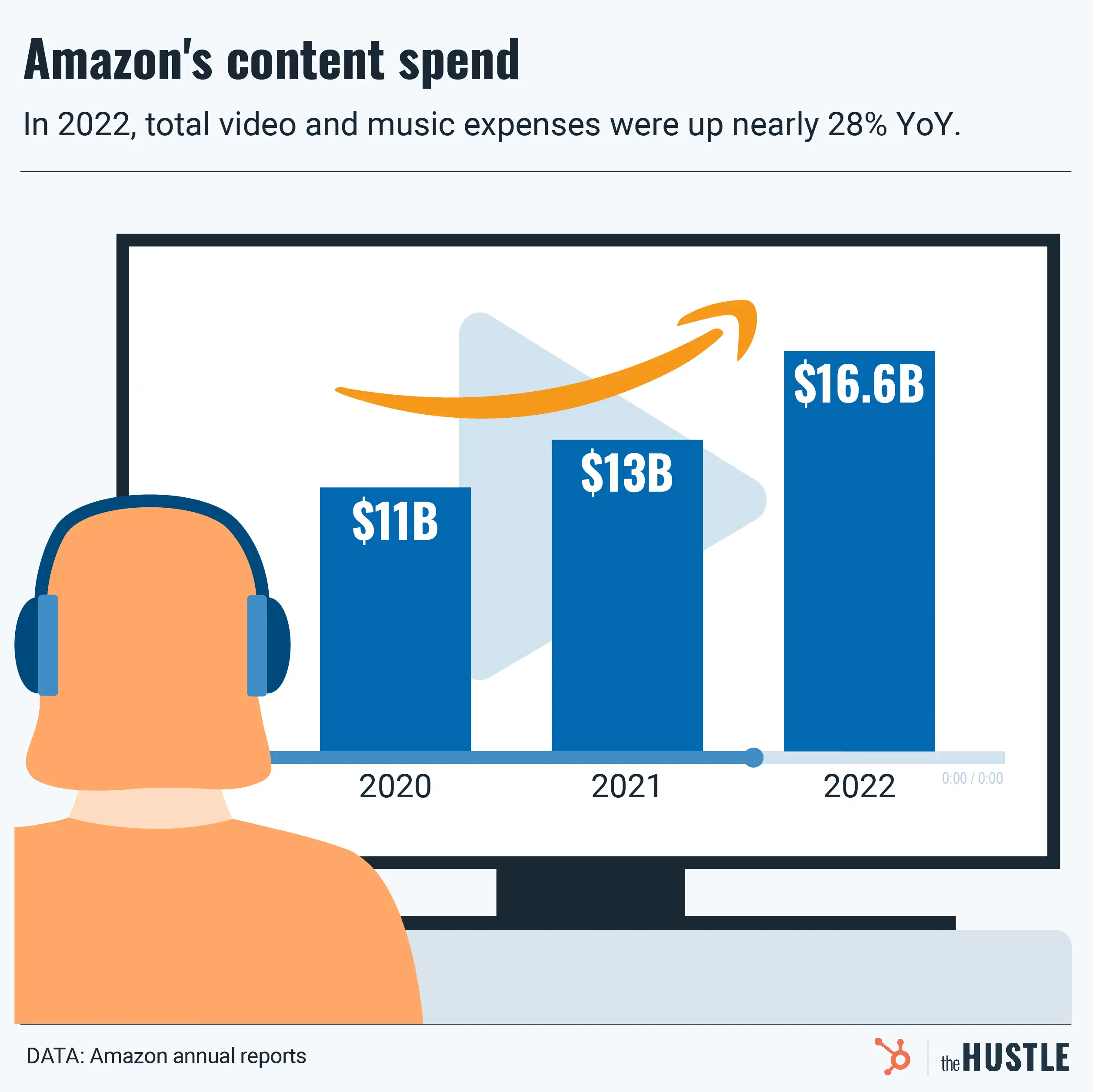
Amazon says its media moves are working

